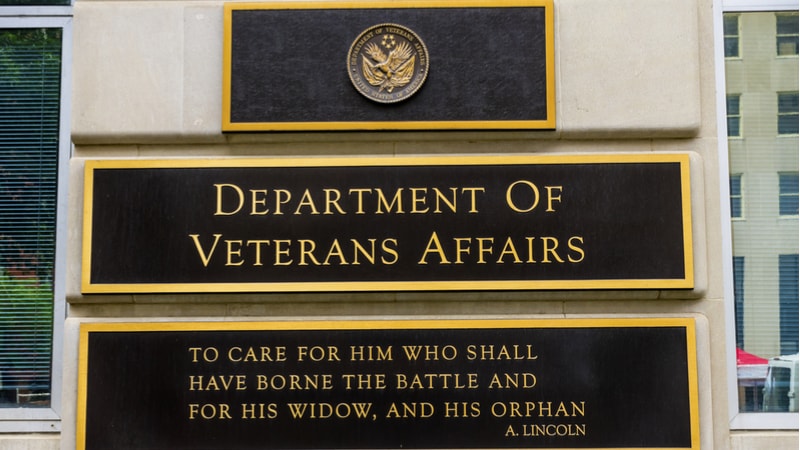
The nascent National Artificial Intelligence (AI) Institute (NAII) led by the Department of Veterans Affairs (VA) has already launched successful pilots of flagship research and development (R&D) projects, per Director Gil Alterovitz.
Speaking at ACT-IAC’s Jan. 22 AI/Intelligent Automation (IA) Forum, Alterovitz shared details on two VA-led AI projects, AI-able data ecosystems and Parallel Pathways for Potential Partnerships (PPPP). The former is a precursor to NAII that he worked on in 2019.
“[AI-able data ecosystems are] a way to incentivize government and industry to work together by sharing data with these voluntary incentives … so that people who generate data will get AI models that work for their data,” he explained.
With the program, Alterovitz and his team helped create an ecosystem of public and private datasets. After filling out the appropriate use agreements, organizations can access the datasets to develop tools with tangible results much faster than traditional methods. Datasets and data policy are specifically designed to meet specific mission-based tech sprints.
“The thinking is that you can give someone just little bits of data – just enough so they can build tools – and then as they build a tool, we can work in parallel to get the additional larger dataset that they need so that they’re not wasting time without any data waiting for that big data set to come in,” Alterovitz said.
VA has already piloted the AI-able data ecosystem program in health and AI tech sprints. The pilots were presented at the White House and won a 2019 government innovation award. Because of these successes, NAII will continue leading sprints with the AI-able data ecosystem framework.
Additionally, Alterovitz announced that NAII is launching PPPP to improve public and private dataset ecosystems through partnerships. He said that PPPP will enable AI collaboration faster, fast-track pathways to data, foster collaboration around data, and enable mutually beneficial research agreements around particular AI tasks.
“Beginning with that new data, a lot of people can enter in that [R&D] funnel because they can get a small dataset quickly that’s curated and made for them for that particular type of use case,” he said. “They iterate on that through a sprint, demo those sprints, and then we sometimes have ones that … we can take forward from pilots, give them a larger dataset – as [they] have a contract – and so forth.”
PPPP takes what would be a huge agreement between multiple partners across industry and government and breaks it into smaller steps for faster results and a more complete project, according to Alterovitz.
Meanwhile, the director is already looking ahead at what’s next for NAII and predicts that they’ll tackle AI scalability next.
“Looking ahead, really a lot of challenges are around scaling AI,” he said. “There’s a lot of programs and we’re looking for the synergy around that and making policies that enable AI to be used.”
